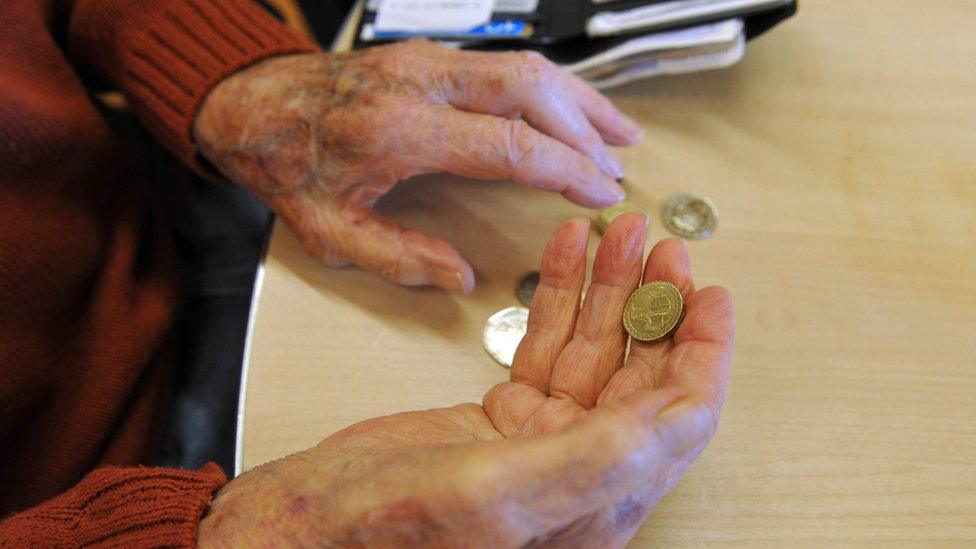Online dating website users 'conned out of millions'
- Published

Online dating fraudsters conned victims out of more than £33m in the last year, the UK's national fraud centre says.
Action Fraud said 3,543 people reported falling victim to dating scams in 2014-15. It said dating sites "very rarely" vet members to prevent fraud.
Commander Chris Greany, national police lead for economic crime, said the crime was "reprehensible" and that some victims had lost "everything".
Scams included asking for travel costs or to pay medical bills, police said.
They said victims were often contacted through dating websites and befriended by fraudsters before requests for money were made.
The warning comes as part of a campaign to identify "common fraud myths".
The 13-day campaign, external - which is being organised by Action Fraud and the City of London Police - warns that dating fraudsters are often "particularly convincing", especially if victims already think they have been vetted by dating websites.
Cdr Greany, who will be overseeing the campaign, said sums stolen in dating fraud ranged from small to "huge" amounts.
'Tragic examples'
Cdr Greany said: "It is a reprehensible criminal act which preys on one of the oldest human emotions, which is love.
"Fraud does seem to be on the increase and with dating fraud we can definitely say it has gone up in the last year."
He added: "Dating websites are all good and sometimes they help people find partners but people need to be circumspect about what they find.
"There are some very tragic examples where people have sent everything they have and now they have got nothing."
Organisers of the campaign say the absence of checks by some dating websites can make it "even easier for the fraudster to manipulate their victim".
A City of London Police spokeswoman said: "The reality is that most dating websites allow people to sign-up to the website without vetting checks, which means that fraudsters are able to use the website to target people online and defraud them."
The Online Dating Association said sites took a range of steps to vet people.
"Every ODA member is committed to a code of practice that includes a responsibility to examine the profiles of those joining services in order to disrupt possible scammers. Members use skilled staff and dedicated software tools to do this work."
Update 9 November 2015: This story has been updated to include a comment from the online dating sector.
- Published15 October 2015
